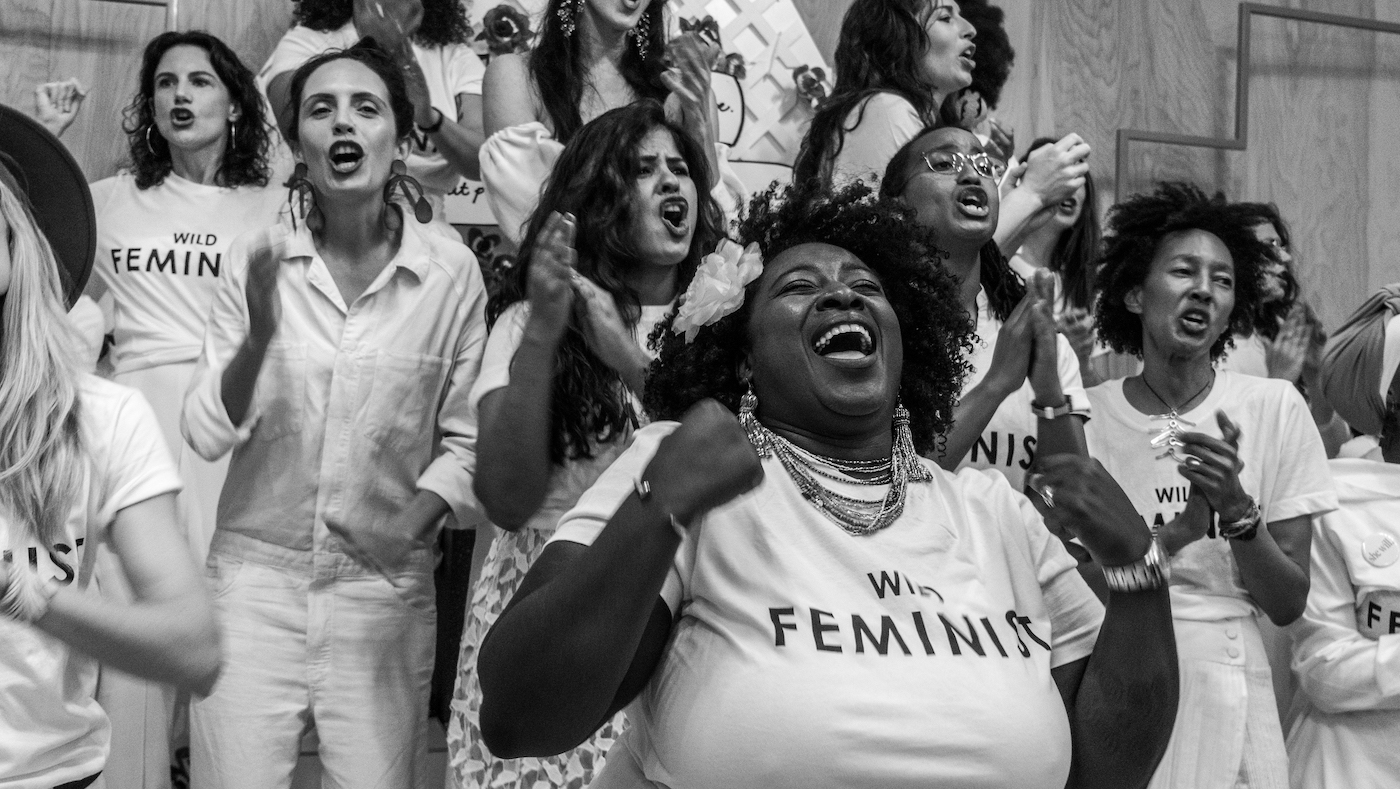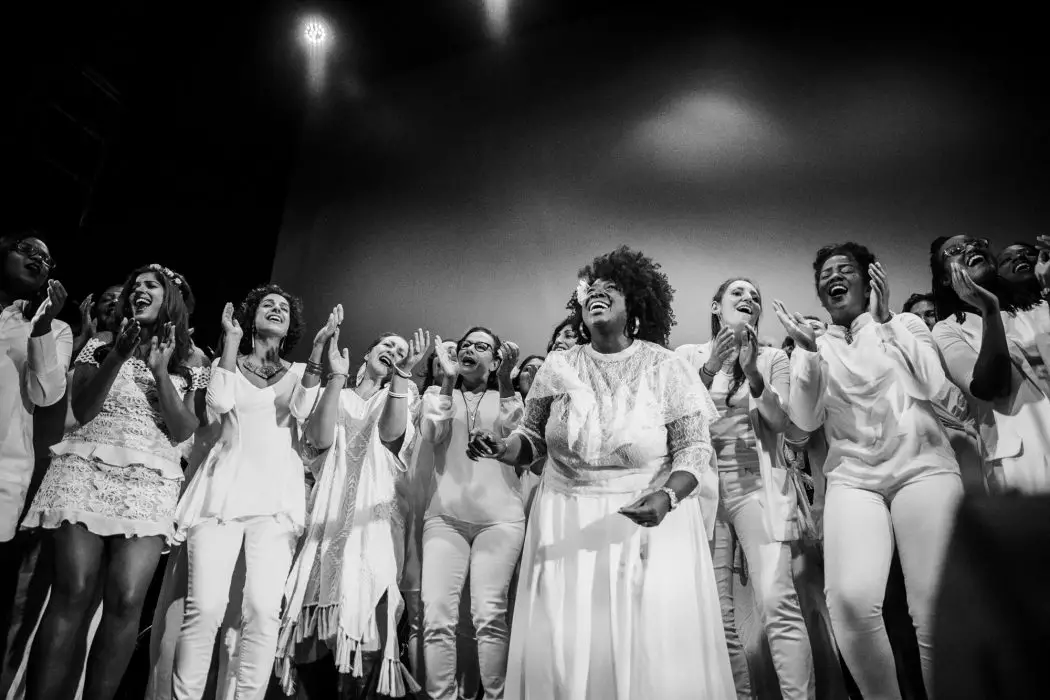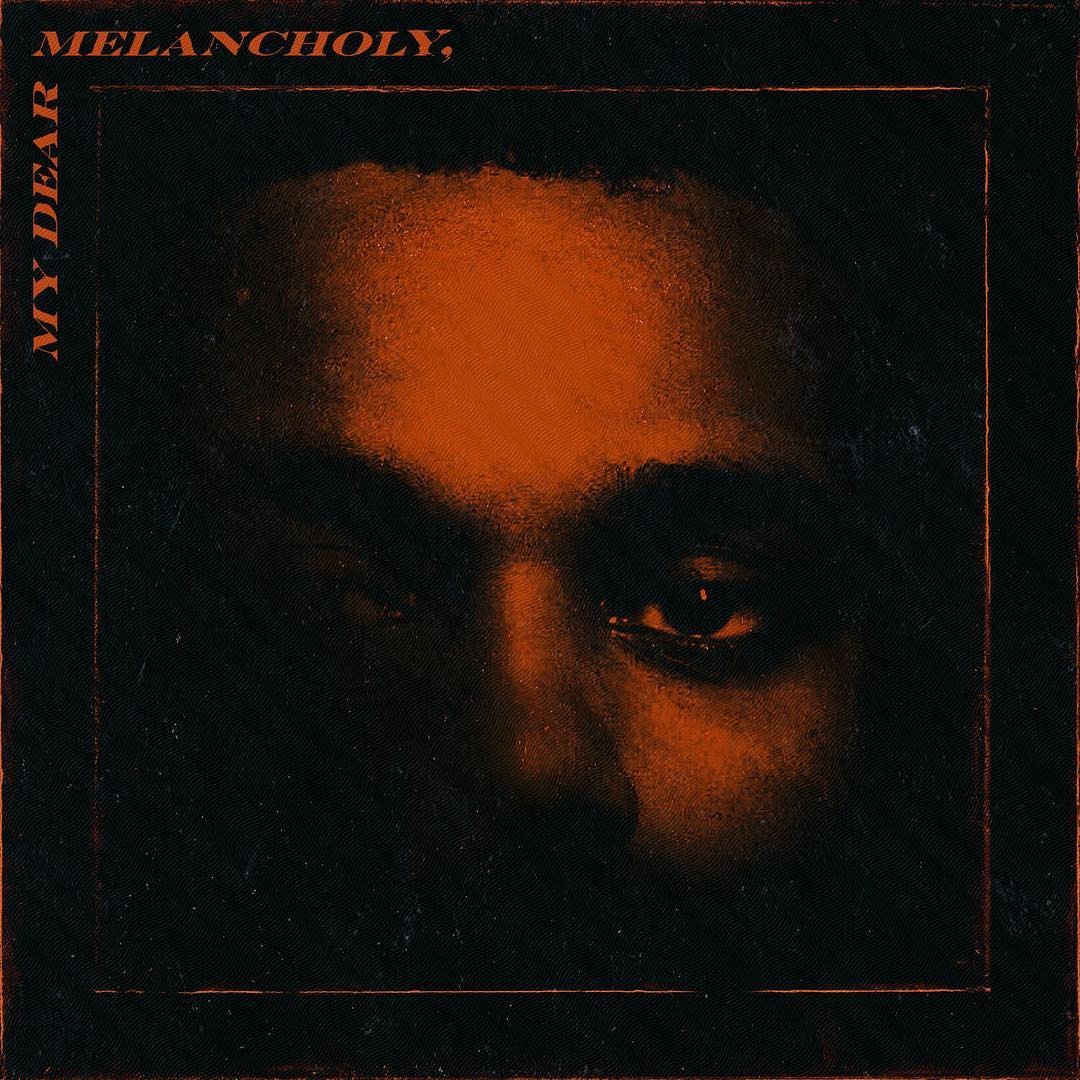Resistance Revival Chorus’ debut album ‘This Joy’ will give goosebumps and tears, chills and indignation, and, most importantly, the strength to keep fighting.
Stream: ‘This Joy’ – Resistance Revival Chorus
My soul needs [this record] right now – Treya Lam
Where there is protest, there is song. From the woman’s movements through labour struggles to the 2017 Woman’s March, the message has been loud and melodic. With the struggles of the last four years — and the force of history coursing through their veins — New York’s Resistance Revival Chorus have gathered their voices to champion their cause.

Their powerful and uplifting debut record This Joy will give you goosebumps and tears, chills and indignation and, most importantly, the strength to keep fighting.
The 70-plus women and non-binary singers grew out of the Women’s March, performing live all across the country ever since. Beautifully combining original songs with classic protest songs, they are hitting when the world needs it most. This Joy—named after the revolution idea of “joy as an act of resistance”— offers hope of a bright future we can all be a part of.
Talking to four members of the RRC — Nilusha Dassenaike, ArinMaya, Abby Dobson, and Treya Lam — it becomes obvious the Chorus’s personal impact is as big as it’s cultural one. Throughout the conversation, it became evident that strength of community was our strongest tool. Only through sticking together and raising our voices as one will change happen.
ArinMaya summed it up best:
We often quote Harry Belafonte: ‘When the music is strong, the movement is strong.’ We truly believe that.
:: stream/purchase This Joy here ::

A CONVERSATION WITH RESISTANCE REVIVAL CHORUS

Atwood Magazine: What are your thoughts on feelings on the record, now it’s finished?
Abby Dobson: The record harkens back to the civil rights movement, the labor movement, the woman’s movement and all of those issues and movements are applicable today so the record is right on time and timely in terms of how it speaks to what is happening. I am happy it’s coming out in this moment.
Treya Lam: Each song on its own is something that I would listen to over and over again—sonically and in terms of song writing, they all stand on their own as powerful works.
The record is emotive—there are so many times I get chills—what was it like being a part of it in the studio?
Nilusha Dassenaike: There was so much diversity, culturally and geographically. In so many ways this chorus represents so many different parts of society, and coming together as a group with the intention and the messages in the music—whether it’s the originals or the adaptations of existing songs—coming together with one purpose, in unity was so powerful and I think that’s part of the experience. The chill factor that you talked about.
Treya Lam: The studio became a haven. To go into this space where you can flourish inwards and feel safe to be vulnerable and feel everything and acknowledge all that’s going on in the world while rejecting the idea of despair.
Art always documents the times and this album is no different – Nilusha Dassenaike
What do you hope people walk away thinking or feeling?
ArinMaya: One of the things we stress a lot in the chorus is community. Being part of a community, establishing and growing your own community, and having a group of people to go to and be with in the process of moving the world towards a better state. I want them to know that we are a community that exists for them to be a part of through the music, and to inspire them to create and a be a part of the communities that they already inhabit.
Treya Lam: Particularly I’m thinking about the people who are having a hard time and I hope that if this music finds them they will feel as though they are enough.
How conscious were you recording This Joy the history of the songs, and of being a part of history by recording them?
Nilusha Dassenaike: In terms of being a part of history, very conscious. It’s something we do when we’re bringing songs to the chorus and when we’re learning them together, there’s quite a lot of research and history presented. We’re very well aware of where they’ve come from and what they represent. In terms of creating history or being a new voice for it, I keep coming back to the diversity. I love that we’re all contributing to bring things into the current climate.
Abby Dobson: Every artist and group is a product in some sense of where it’s born out of. This chorus is born out of the United States after the 1960s—way after—but the tradition that we reference a lot in the songs we’ve chosen so far are very much rooted in the civil rights movement. The music very explicitly harkens back to that. It just so happens that we are in a time where the more things change, the more they stay the same. We are rehashing things that many people in John Lewis’s generation thought they had already fought for and secured. It just so happens we’re having to re-litigate and refight these issues. The album wasn’t created in a vacuum, it was created by sensitive people who as artists are trying to respond to the times that we’re in.
ArinMaya: The catalogue of music that we pull from and that inspires us is music that we want to share with the world. To be able to add our voices to the lineage of music that has contributed to and strengthened the movements of the past and the present is an honour.
Treya Lam: I think that many people have been coming to terms with the fact that the roots of this country are rotten and as long as there has been injustice there has been music and art forms and ways of creating light to offset that. I think it’s important to acknowledge and learn the history, know the shoulders on which we stand on, and additionally continue to pass that fire to the next generation. There’s more than a lifetime’s worth of work ahead of us so the more we can sustain our souls and each other, the better we’ll all be for it.
The album wasn’t created in a vacuum; it was created by sensitive people who as artists are trying to respond to the times that we’re in – Abby Dobson
What does the chorus mean to you personally?
ArinMaya: I pledged a society in college, and the sisterhood that I desired then is here in this group. I genuinely cannot imagine the last three years of my life without the chorus. I honestly don’t know what that would look like.
Abby Dobson: It’s really tough to be a woman who sings, in terms of the disrespect and disregard and expectations—or lack of expectations—of what it is we can do or should do. To be in a space where your brilliance as a human being and whole person is understood and that you can bring your whole self to space is incredibly empowering and needed.
Why did you decide to record This Joy now?
Nilusha Dassenaike: Art always documents the times and this album is no different.
Abby Dobson: It’s like anything else, when we exist we want to leave something behind that marks what we had to say in this moment. People wrote in caves, they left stuff that we can dig up later, and for sonic artists we leave traces of what would otherwise be ephemeral, that we’re able to bottle up so that we can go back and listen to it.
— — — —

Connect to Resistance Revival Chorus on
Facebook, Twitter, Instagram
Discover new music on Atwood Magazine
? © Kisha Bari
:: Resistance Revival Chorus ::









